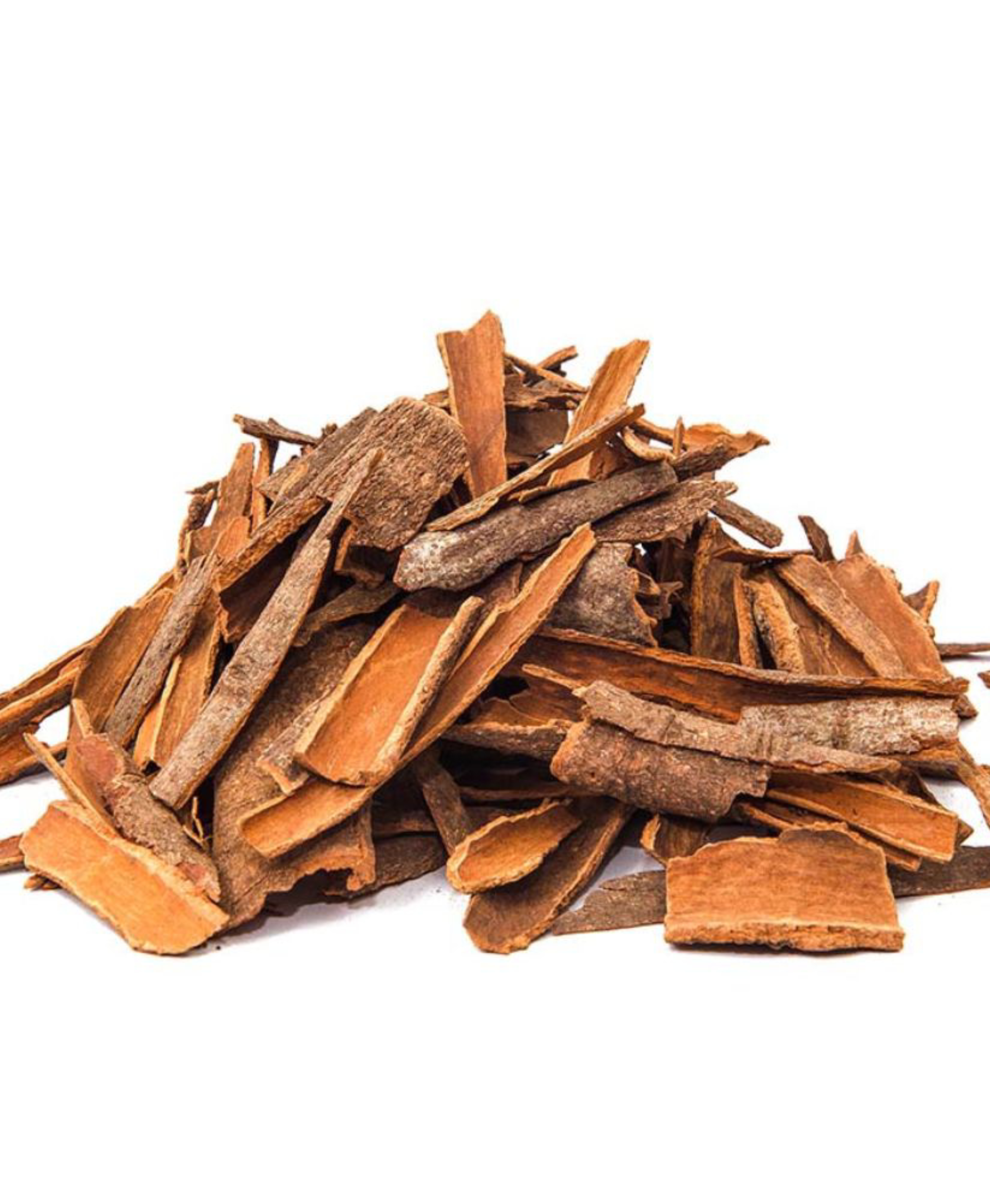Cassia (Cinnamomum cassia) is a spice derived from the bark of a tree native to Southeast Asia, closely related to true cinnamon (Cinnamomum verum). Often referred to as Chinese cinnamon or simply cassia, it is thicker, coarser, and has a stronger, more pungent flavor than the milder true cinnamon. Cassia is commonly found in both whole stick form and ground powder, and it is used extensively in baking, spice blends (like Chinese five-spice powder), and savory dishes, particularly in Asian and Middle Eastern cuisines. It is also used in pickling, stewing, and marinating, adding a warm, sweet-spicy note to the dishes.
In addition to its culinary uses, cassia is valued for its medicinal properties. It has been traditionally used in various cultures to treat digestive issues, such as indigestion, bloating, and nausea, and to help regulate blood sugar levels. Cassia contains compounds like cinnamaldehyde, which is believed to have antioxidant, anti-inflammatory, and antimicrobial effects. While cassia shares some health benefits with true cinnamon, it contains higher levels of coumarin, a compound that can be toxic in large amounts, so it should be consumed in moderation. Despite this, cassia remains a popular and versatile spice, known for its bold flavor and potential health benefits.
